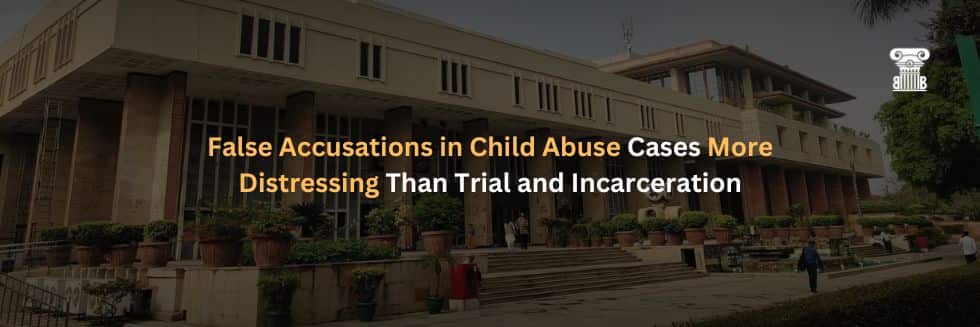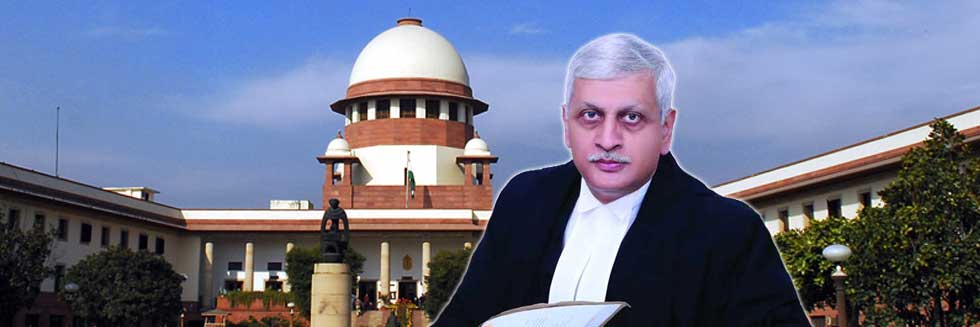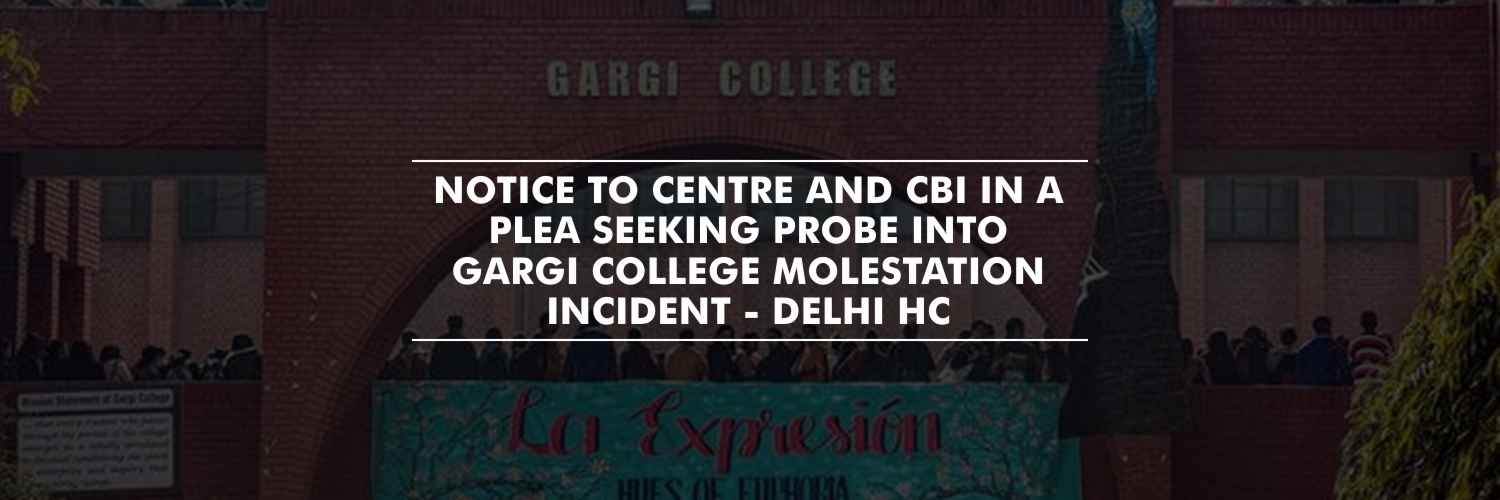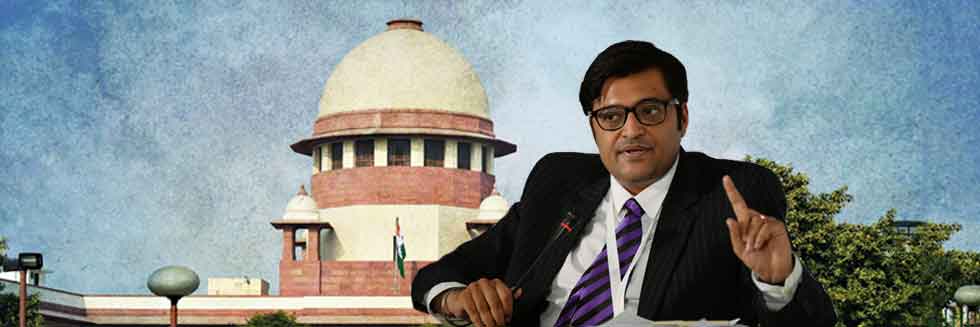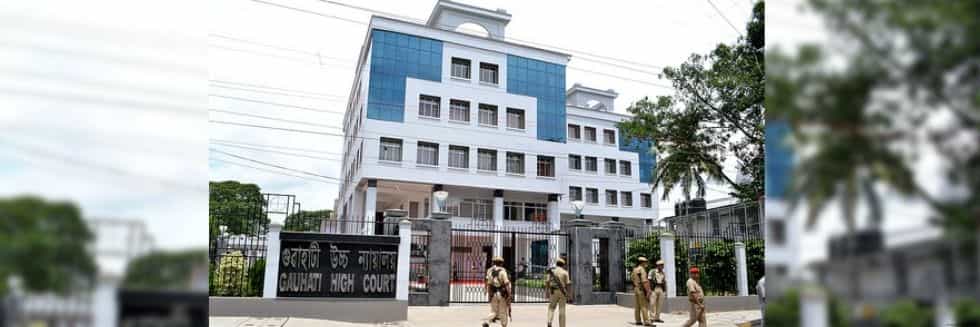In the case of Veerpal @ Titu v. State, the appellant challenged a judgment and sentencing for offences under the POCSO Act and IPC. The Delhi High Court while acquitting the appellant cited inconsistencies in the victim’s statements and lack of foundational evidence. Justice Anoop Kumar Mendiratta highlighted the social stigma of false accusations of child abuse noting it can be more distressing than trial and imprisonment. The court emphasized the importance of proving guilt beyond reasonable doubt and cautioned against reliance on presumptions. The decision underscores the need for careful consideration in cases involving serious allegations like child abuse.
CASE DETAILS:
Veerpal @ Titu v. State
Criminal Appeal No. 223 of 2023
Delhi Court
Coram: Justice Anoop Kumar Mendiratta
BACKGROUND:
- An appeal has been filed by the appellant/convict under Section 374(2) of the Code of Criminal Procedure, 1973 (Cr.P.C.) challenging the judgment and sentencing orders dated January 9, 2023, and January 16, 2023, respectively.
- These were passed by the learned Additional Sessions Judge of the Special Court POCSO at Saket Court, New Delhi in Session Case No. 2781/2016, FIR No. 529/2016 under Sections 376, 354, 506 and 509 of the Indian Penal Code (IPC) and Sections 8 and 10 of the POCSO Act, 2012 at PS: Jaitpur, Delhi.
- The appellant has been sentenced for the offence punishable under Section 10 of the POCSO Act, 2012 to rigorous imprisonment for five years and a fine of Rs. 2,000/- (with a default sentence of simple imprisonment for 15 days in case of non-payment of the fine).
- Additionally, for the offence punishable under Section 506 IPC, the appellant has been sentenced to rigorous imprisonment for five years and a fine of Rs. 2,000/- (with a default sentence of simple imprisonment for 15 days in case of non-payment of the fine) with the benefit of Section 428 of the Cr.P.C. The appellant has also been directed to pay compensation of Rs. 20,000/- to the victim.
OBSERVATIONS:
The court highlighted that while a wrongful acquittal undermines public trust, a wrongful conviction is even more detrimental. In light of this, the court allowed the appeal noting inconsistencies in the victim’s statements and her refusal for internal medical examination without valid reasons.
The court concluded that the foundational facts were not proven beyond a reasonable doubt questioning the reliance placed on presumptions under Sections 29 and 30 of the POCSO Act for conviction. Justice Anoop Kumar Mendiratta emphasized that even false accusations of child abuse leave a lasting social stigma on the accused which can be more distressing than the trial and imprisonment itself.
JUDGEMENT:
The Delhi High Court while acquitting the appellant noted “serious flaws and gaps” in the prosecution’s case. The court emphasized that being falsely accused of child abuse leaves a lasting social stigma which can be more distressing than the challenges of trial and imprisonment.
